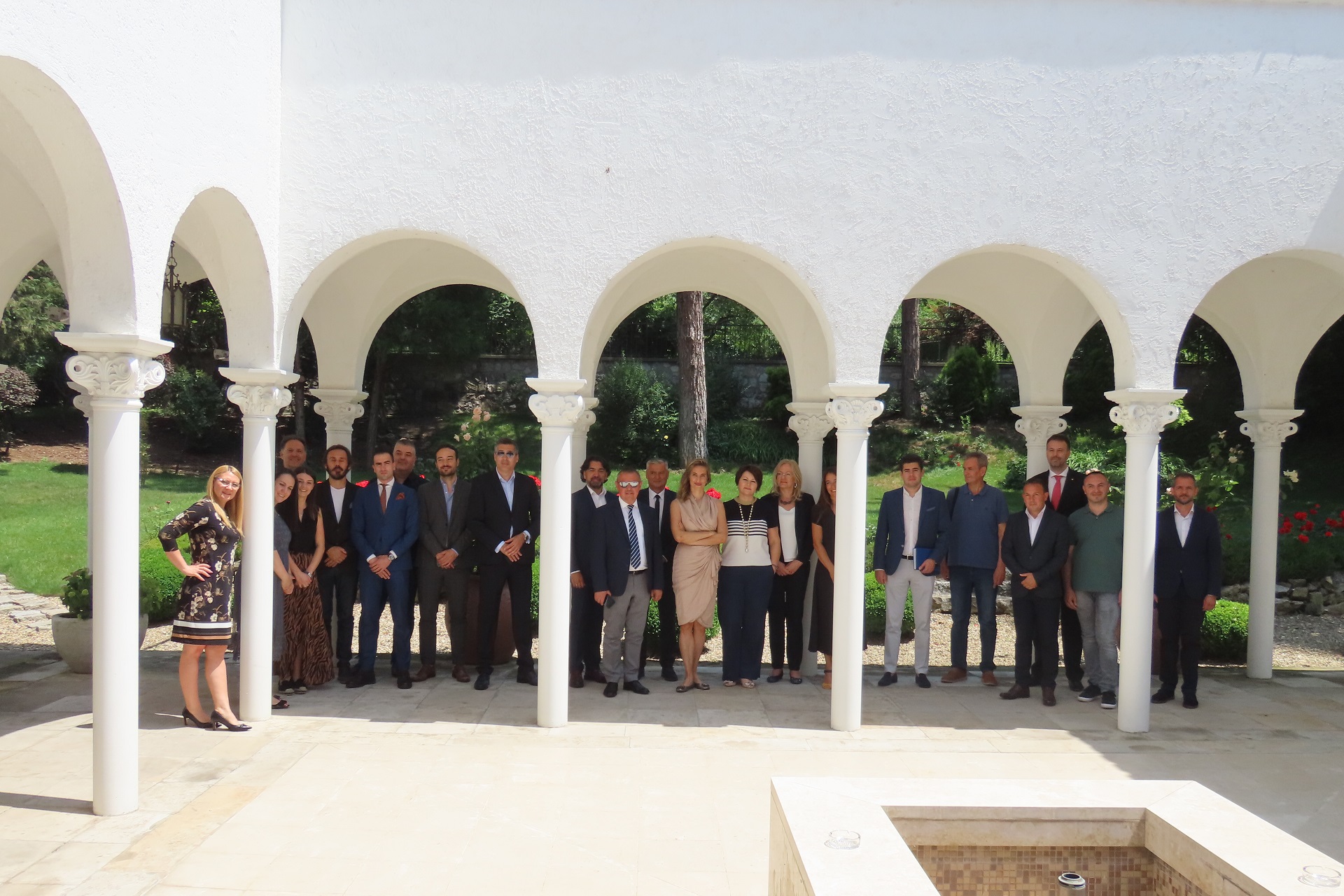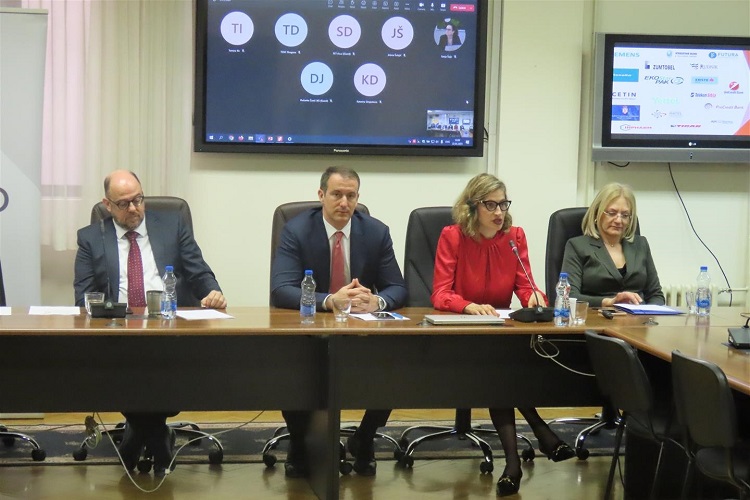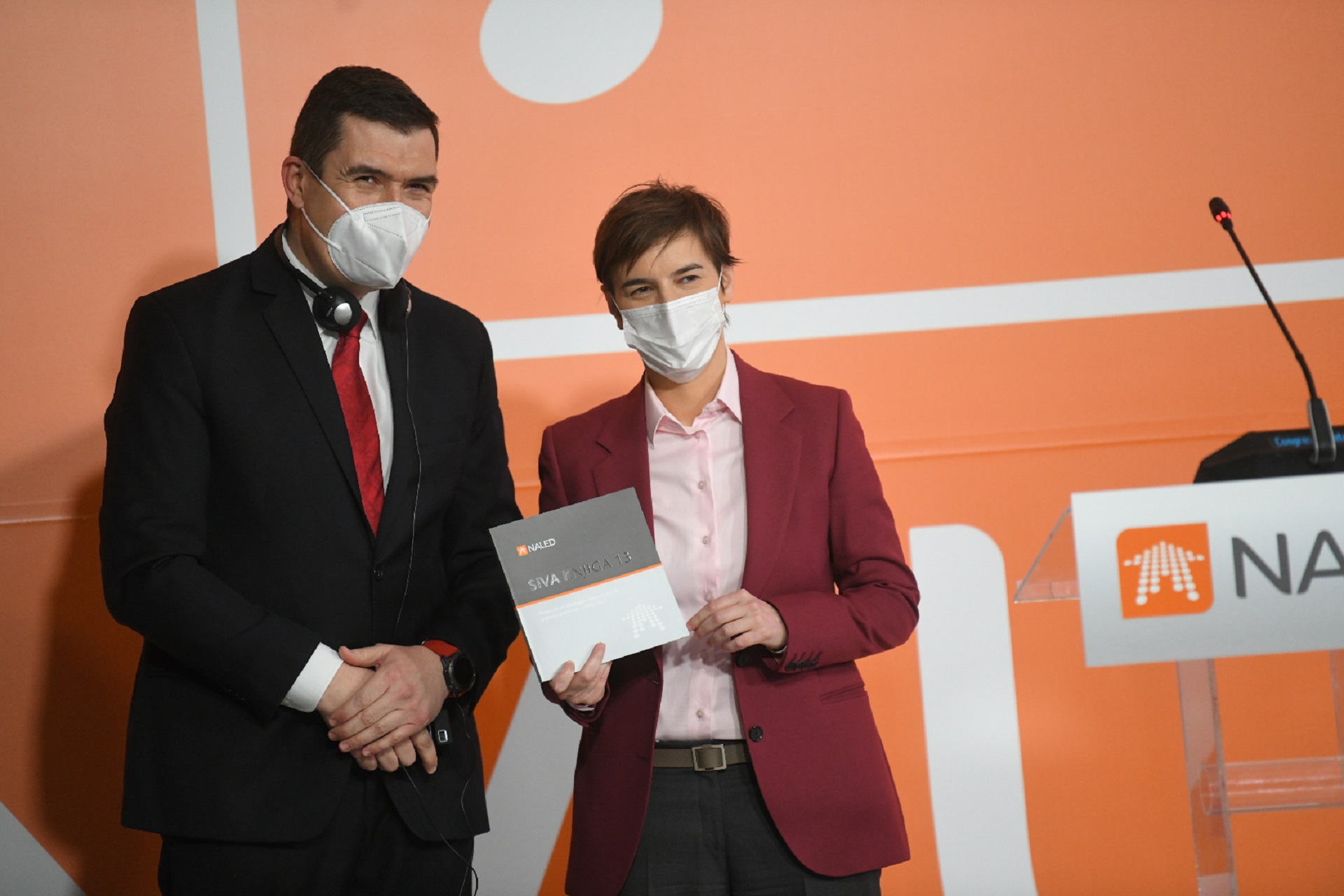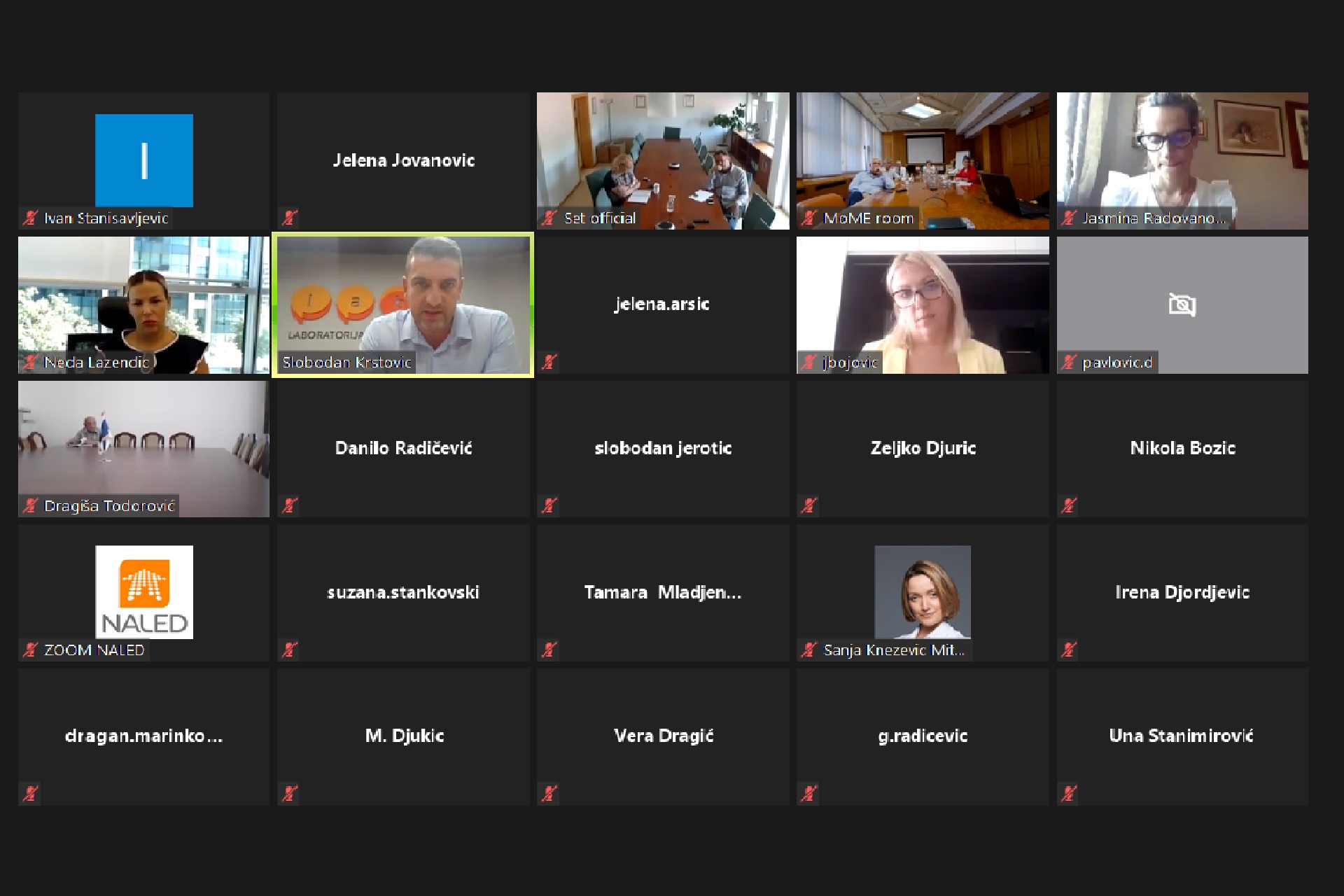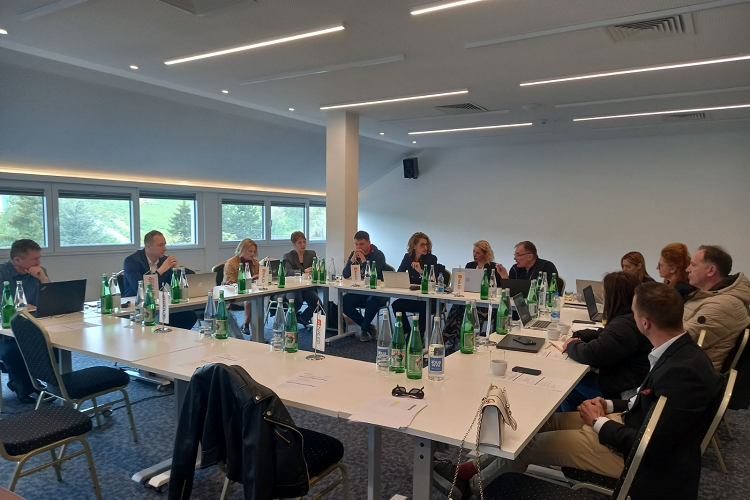How to make investment into solar panels pay off
The average time it takes to become a producer-consumer in Serbia, so-called the prosumer is four months, which is how long it takes to go through the administrative procedures required for the installation of solar panels and connection to the distribution network. NALED's research conducted among prosumers showed that only slightly less than a dozen administrative tasks managed to be completed in less than a month.
- The procedure for connecting energy facilities is only one of the challenges faced by everyone who has so far embarked on the production of electricity through solar panels. More than half of the respondents pointed out the long period of processing the request as the key objection, as well as the lack of feedback about the stage of their request, and more than a third cite high fees and charges, redundant documentation, as well as insufficiently clear instructions for submitting the request - explains Jasmina Radovanović, Head of the Property and Investments Unit in NALED, adding that the research also includes potential prosumers, as well as local governments.
According to her, the set of recommendations prepared by NALED will be presented in the first half of June and delivered to the relevant ministry and organizations the prosumers need to contact in order to start energy production.
The position of prosumers and their intention to invest in renewable energy sources is further complicated by, among other things, problems such as inconsistent fiscal regulations and consequently high electricity bills, the absence of favorable loans to finance the installation of panels, as well as procedures that involve submission of paper documentation.
In order to adequately solve the existing challenges, NALED initiated the development of recommendations within the project "Encouraging the production of electricity from own sources and improving the position of producers-consumers" within the broader project Better Energy, implemented by USAID.
- In the last few years, the concept of prosumer has become more and more important in the energy sector of Serbia. This led us to analyze their status in detail, to look at all the obstacles they face and come up with innovative solutions through public-private dialogue that will stimulate them to embark on this kind of venture. As a result, we formulated 15 recommendations - highlights Radovanović, noting that representatives of institutions and organizations such as EPS, EDS, Faculty of Electrical Engineering, private sector, independent experts and representatives of prosumers also contributed to their definition.
According to the latest data, slightly more than 1,000 households and 346 businesses are registered in the register of producers-consumers. The implementation of the recommendations in the legal regulation would contribute to increasing their number through the creation of stimulating and predictable financial conditions and additionally strengthen Serbia's path towards energy transition and transition to renewable energy sources, in accordance with EU standards.
- Since the procedure for acquiring prosumer status by residential communities is much more complicated, and only one residential community has been registered so far, we paid special attention to that topic and the possibilities of their inclusion in the production of electricity from solar power plants - Radovanović states.
As a reminder, as a candidate for membership, Serbia undertook to fulfill the EU Directive on renewable energy sources, which set the goal of achieving a share of renewable sources in total consumption of at least 32% by 2030. The energy transition has the potential to reduce dependence on fossil fuel imports, increase the energy security of the country and contribute to the reduction of harmful gas emissions, which will have a positive impact on the environment and air quality.


